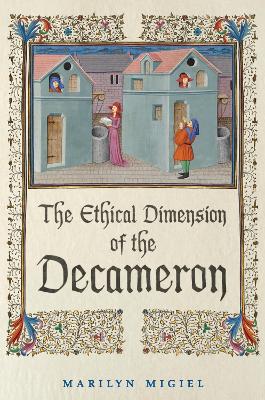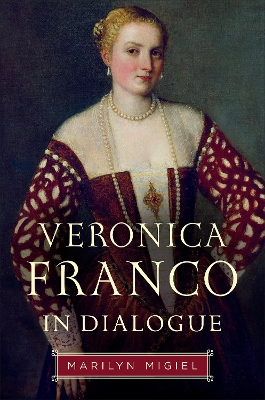Toronto Italian Studies
3 total works
Addressing herself equally to those who argue for a proto-feminist Boccaccio - a quasi-liberal champion of women's autonomy - and to those who argue for a positivistically secure historical Boccaccio who could not possibly anticipate the concerns of the twenty-first century, Migiel challenges readers to pay attention to Boccaccio's language, to his pronouns, his passives, his echolalia, his patterns of repetition, and his figurative language. She argues that human experience, particularly in the sexual realm, is articulated differently by the Decameron's male and female narrators, and refutes the notion that the Decameron offers an undifferentiated celebration of Eros. Ultimately, Migiel contends, the stories of the Decameron suggest that as women become more empowered, the limitations on them, including the threat of violence, become more insistent.
Throughout, Migiel engages in the masterful in-depth rhetorical analyses, delivered in lively and readable prose, that are her trademark. Whether she is examining the Italian of the Decameron, translations of the Italian into English, commentaries by scholars, newspaper articles, or student essays, she asks us always to maintain an ethical engagement with the words of others.
Since the late twentieth century, the Venetian courtesan Veronica Franco has been viewed as a triumphant proto-feminist icon: a woman who celebrated her sexuality, an outspoken champion of women and their worth, and an important intellectual and cultural presence in sixteenth-century Venice.
In Veronica Franco in Dialogue, Marilyn Migiel provides a nuanced account of Franco’s rhetorical strategies through a close analysis of her literary work. Focusing on the first fourteen poems in the Terze rime, a collection of Franco’s poems published in 1575, Migiel looks specifically at back-and-forth exchanges between Franco and an unknown male author. Migiel argues that in order to better understand what Franco is doing in the poetic collection, it is essential to understand how she constructs her identity as author, lover, and sex worker in relation to this unknown male author.
Veronica Franco in Dialogue accounts for the moments of ambivalence, uncertainty, and indirectness in Franco’s poetry, as well as the polemicism and assertions of triumph. In doing so, it asks readers to consider their ideological investments in the stories we tell about early modern female authors and their cultural production.


